Search
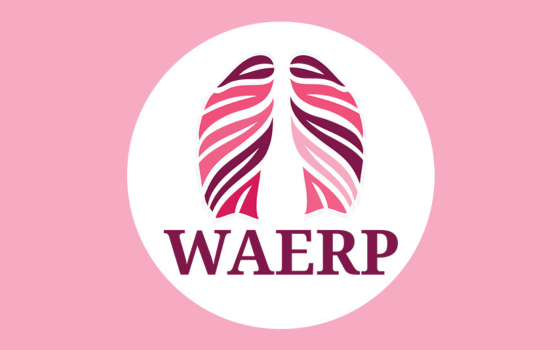
The Western Australian Epithelial Research Program (WAERP) biobank is undertaking a number of research projects intended to improve the understanding and preclinical assessment of therapeutics for respiratory conditions.

The Western Australian Epithelial Research Program (WAERP) is a community cohort biobank that collects and stores airway cells from the upper (nose) and lower (trachea) airways of Western Australian children and adults (1-50 years of age) undergoing non respiratory elective surgery.

News & Events
Wal-yan researchers welcomed at scientific meeting in New ZealandMore than 14 researchers from the Wal-yan Respiratory Research Centre will be welcomed as presenters and facilitators at The Thoracic Society of Australia and New Zealand and The Australia and New Zealand Society of Respiratory Science (TSANZSRS) Annual Scientific Meeting (ASM) this weekend.

News & Events
Keelan has ‘survived and thrived’, thanks to researchTen-year-old Keelan Mullins is known to his mum Clare Hindle as her ‘miracle baby’. Keelan was born in March 2013 at 26 weeks’ gestation and weighing just 1096 grams.

News & Events
Research into chronic lung disease in Indigenous children and a novel RSV treatment boosted thanks to WACRF grantsWal-yan Respiratory Research Centre researchers will use almost $1.2 million in WA Child Research Fund grants to determine why Indigenous children develop bronchiectasis at such high rates after contracting bronchiolitis, and to test a promising novel treatment for respiratory syncytial virus (RSV).
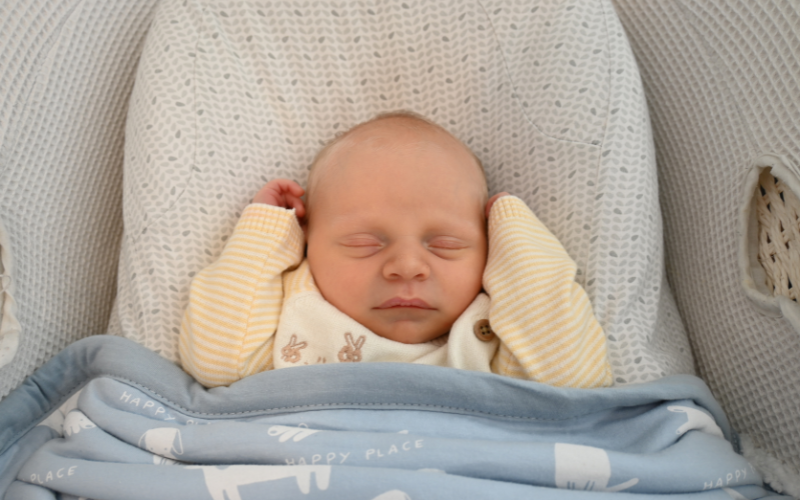
News & Events
AERIAL allergy and asthma study celebrates recruitment of final babyThe AERIAL study, in partnership with The ORIGINS Project, endeavours to understand if exposures during pregnancy and early life can affect the cells lining the airways in newborns, and whether this is associated with the development of wheeze, allergy and asthma later in childhood.
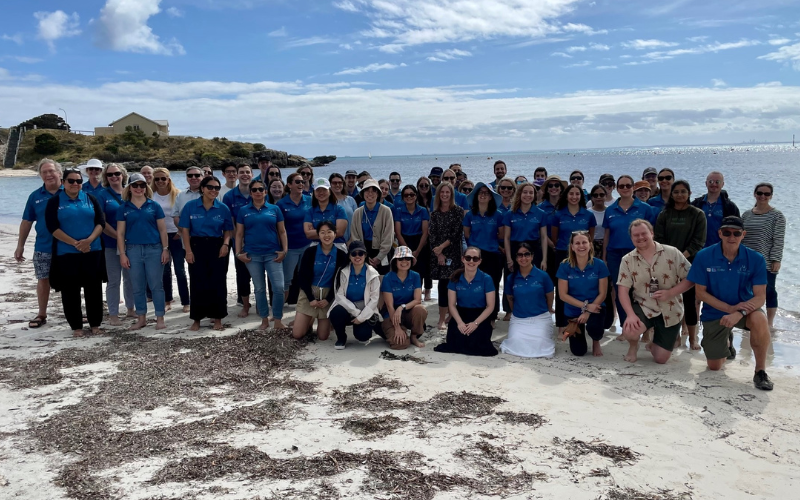
News & Events
Wal-yan Scientific Retreat: Fostering Collaborative ExcellenceThe Wal-yan Respiratory Research Centre's dedicated team members, along with special guests, embarked on a journey to Wadjemup (Rottnest Island) on 9 and 10 November.
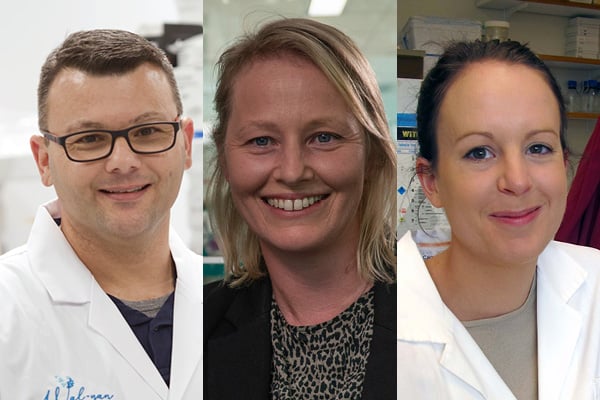
News & Events
Researchers share in almost $1.8 million for groundbreaking child health respiratory researchThree researchers from the Wal-yan Respiratory Research Centre will share in almost $1.8 million in grants to continue groundbreaking research to tackle childhood asthma prevention and lung disease.
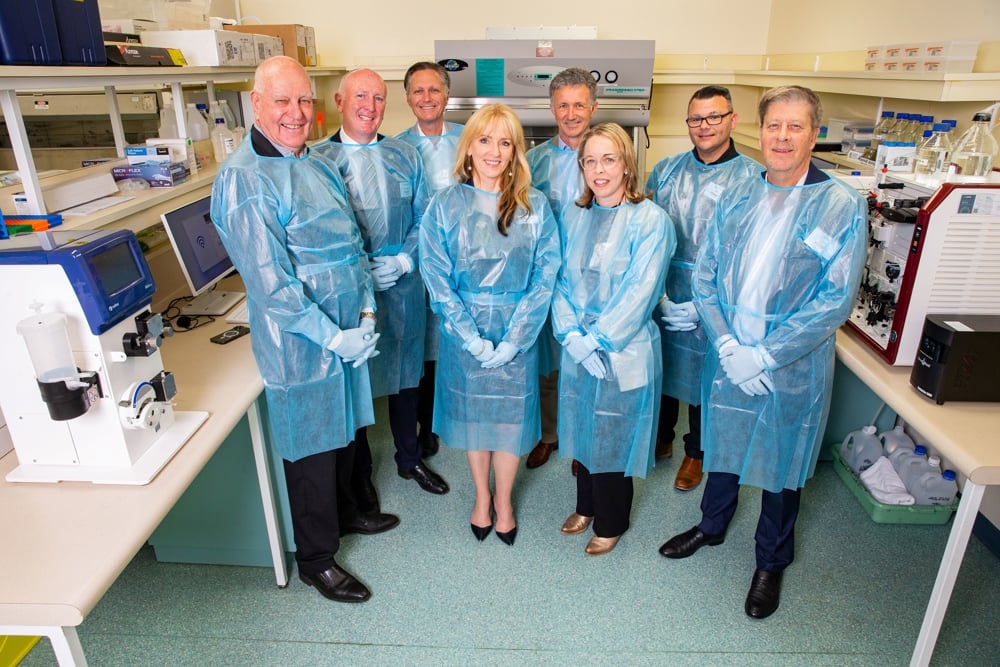
News & Events
Superviruses to fight superbugs: Perth's first phage manufacturing facility is officially openPatients battling antibiotic-resistant superbugs will soon have access to life-saving WA-made therapies that could help treat lung, skin and ear infections as well as bacterial infections like Golden Staph. Western Australia's inaugural phage manufacturing facility – spearheaded by a team at the

News & Events
Wal-yan Centre welcomes Professor André Schultz as new HeadIn an exciting development for the Wal-yan Respiratory Research Centre, Professor André Schultz has been appointed as the Centre’s new Head, succeeding Professor Stephen Stick.
